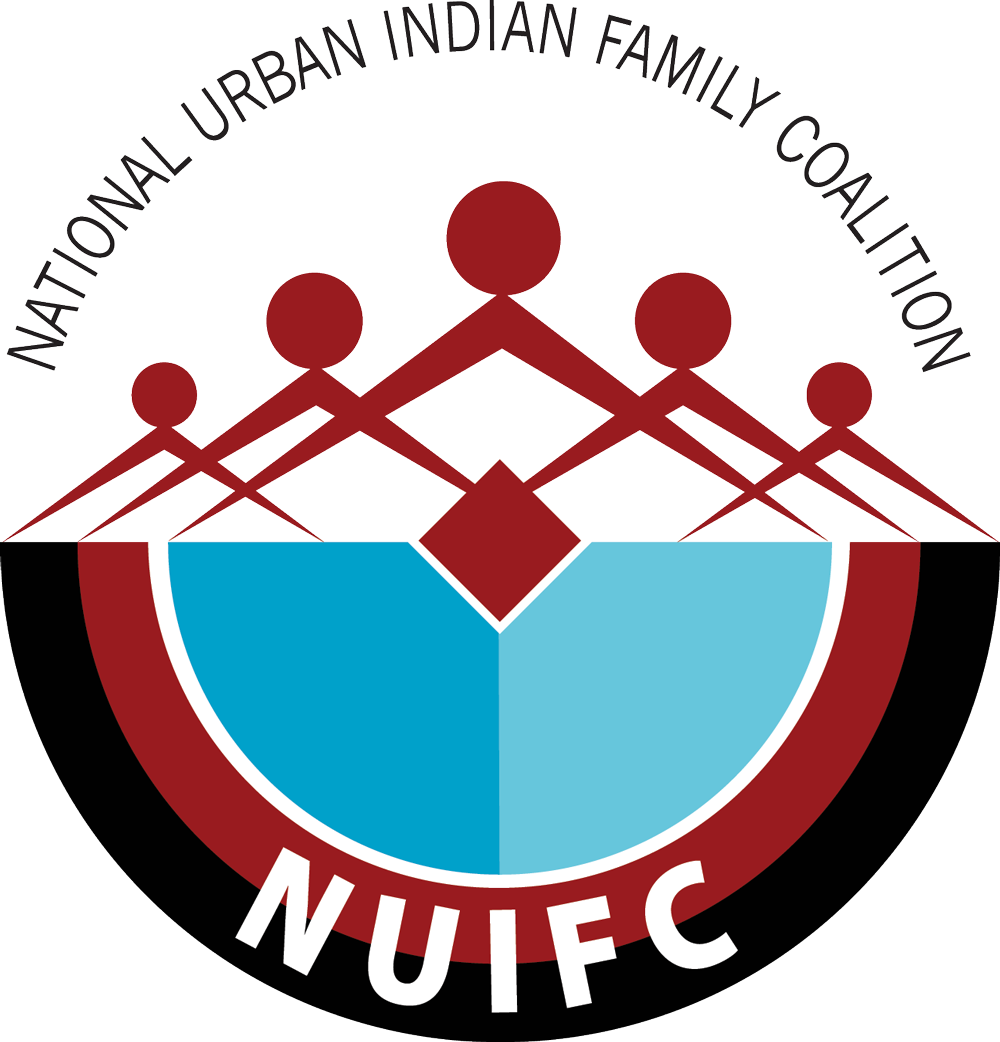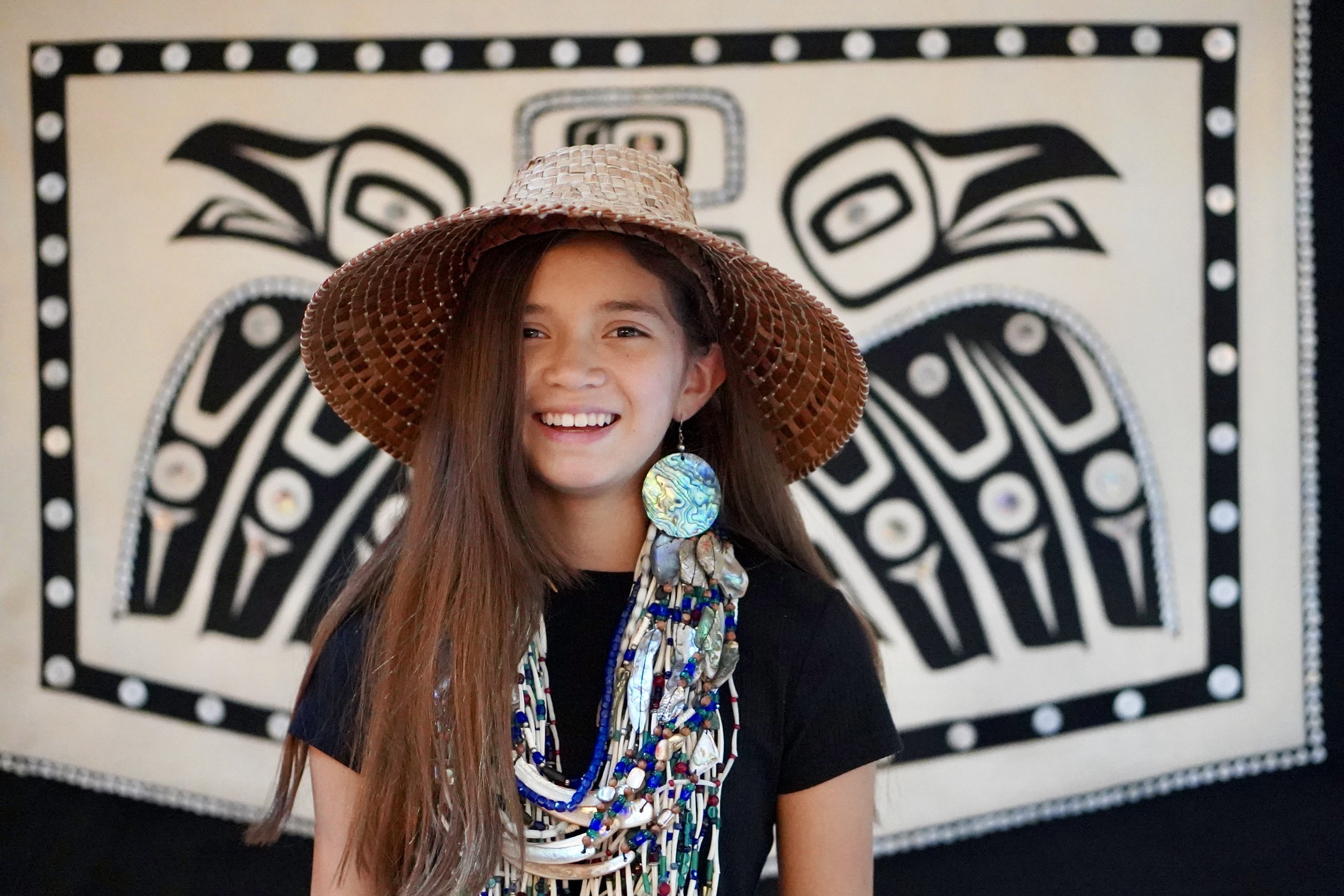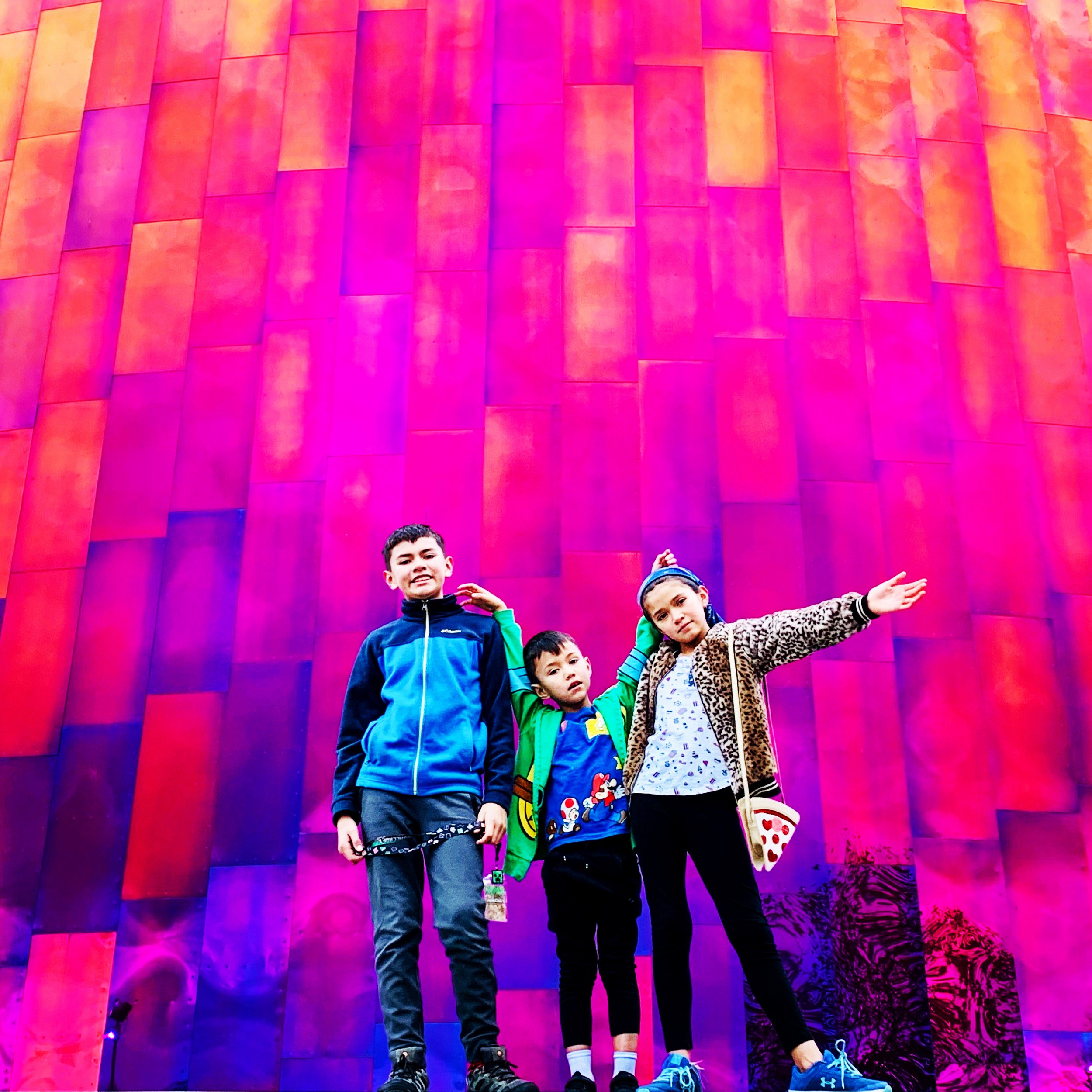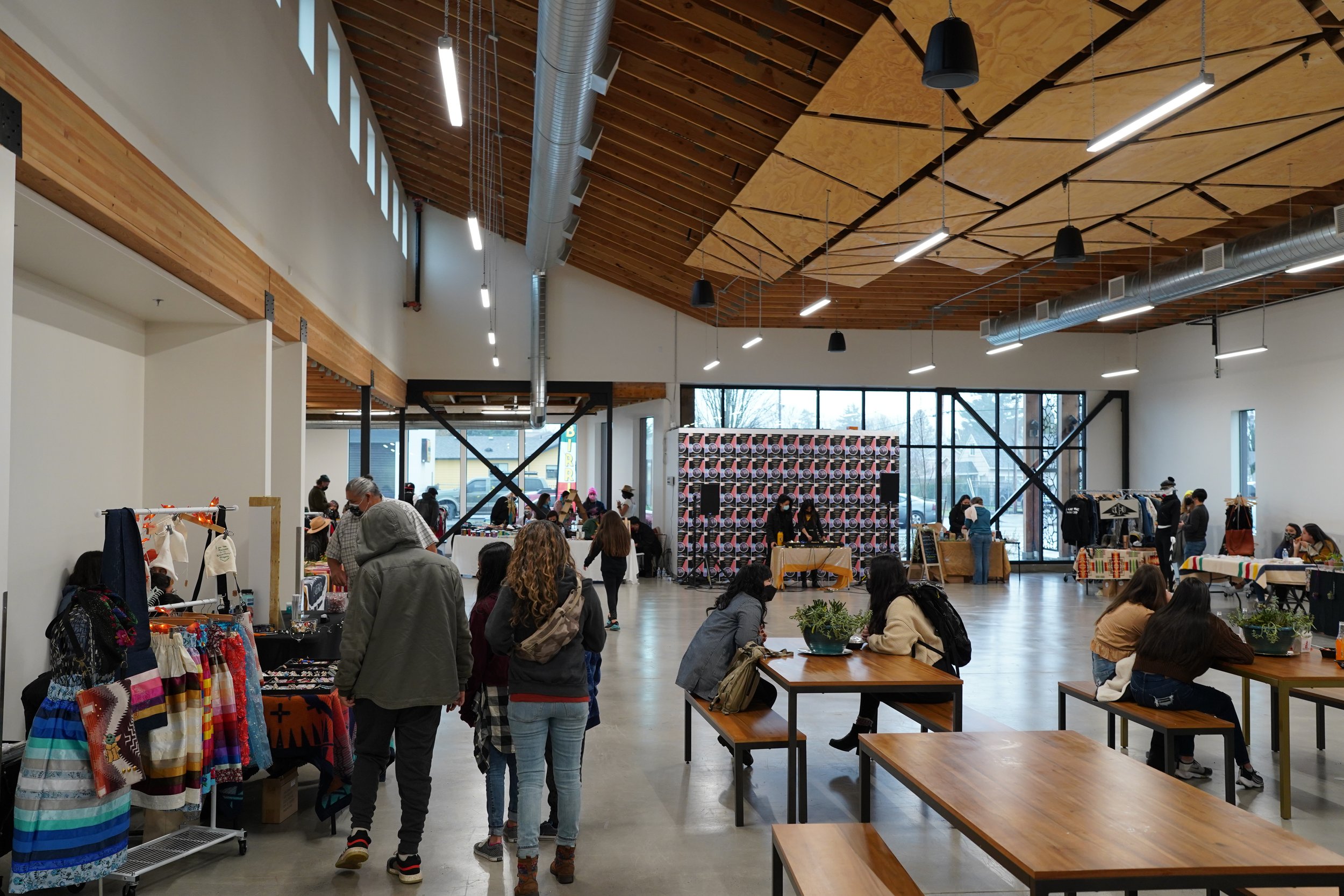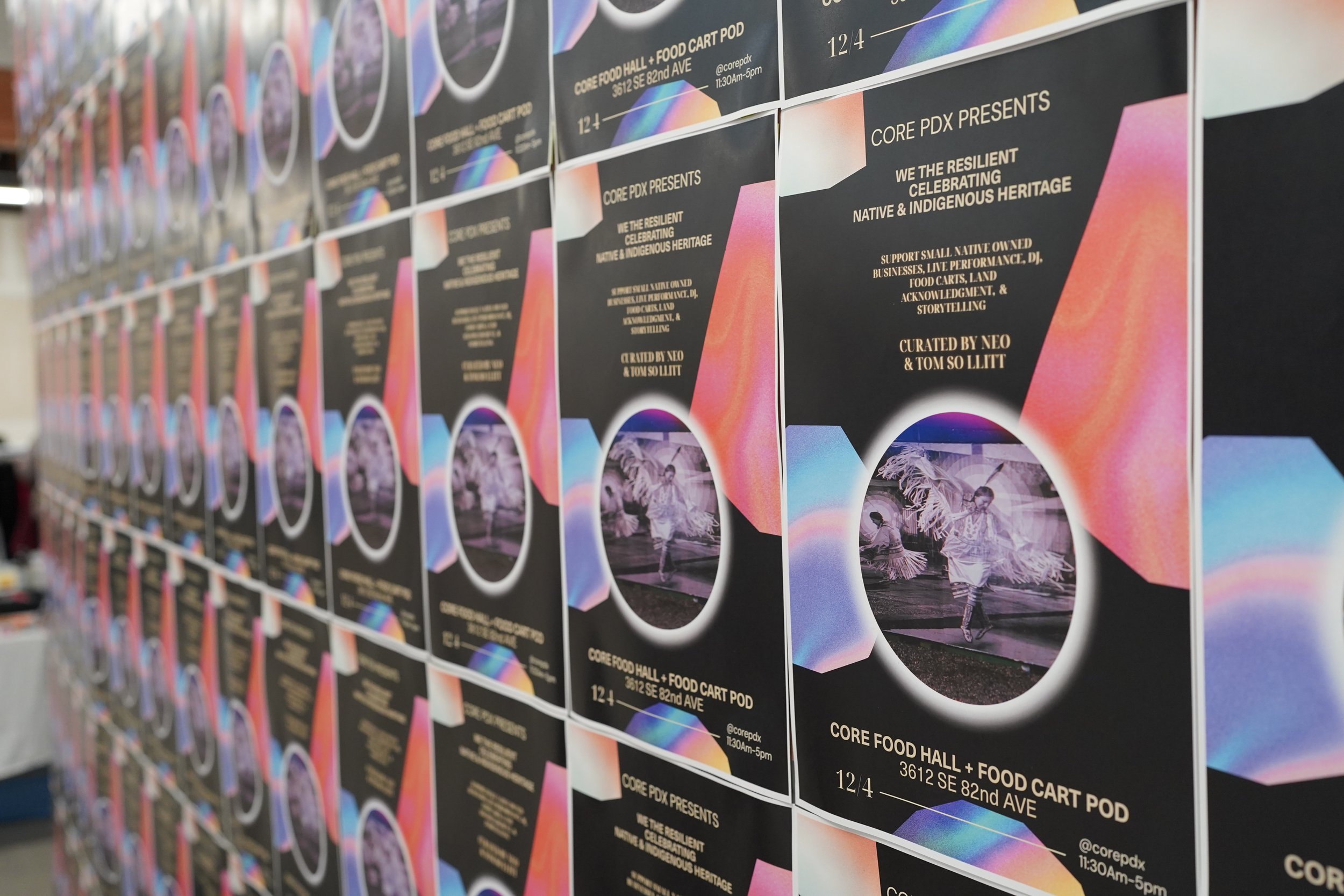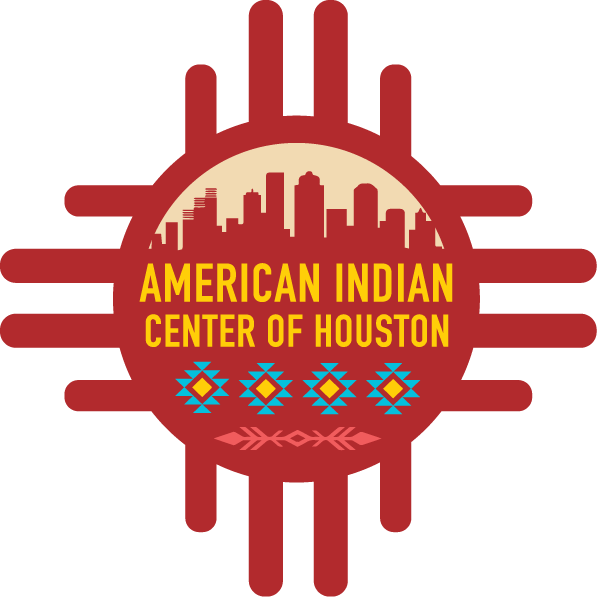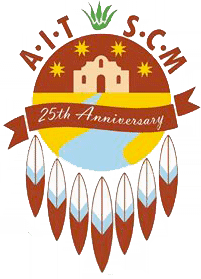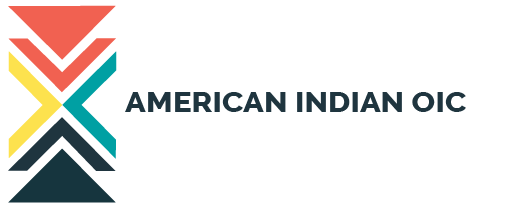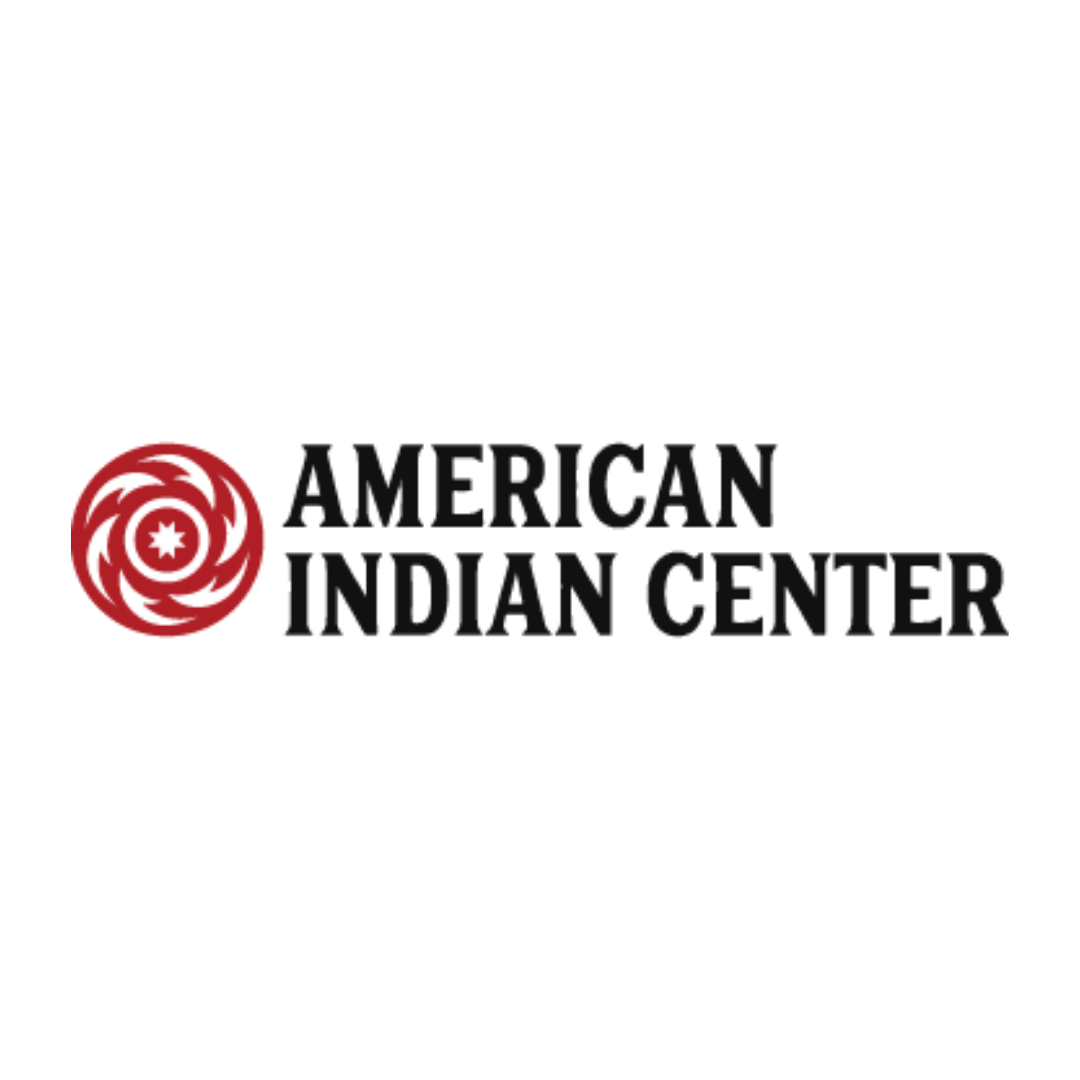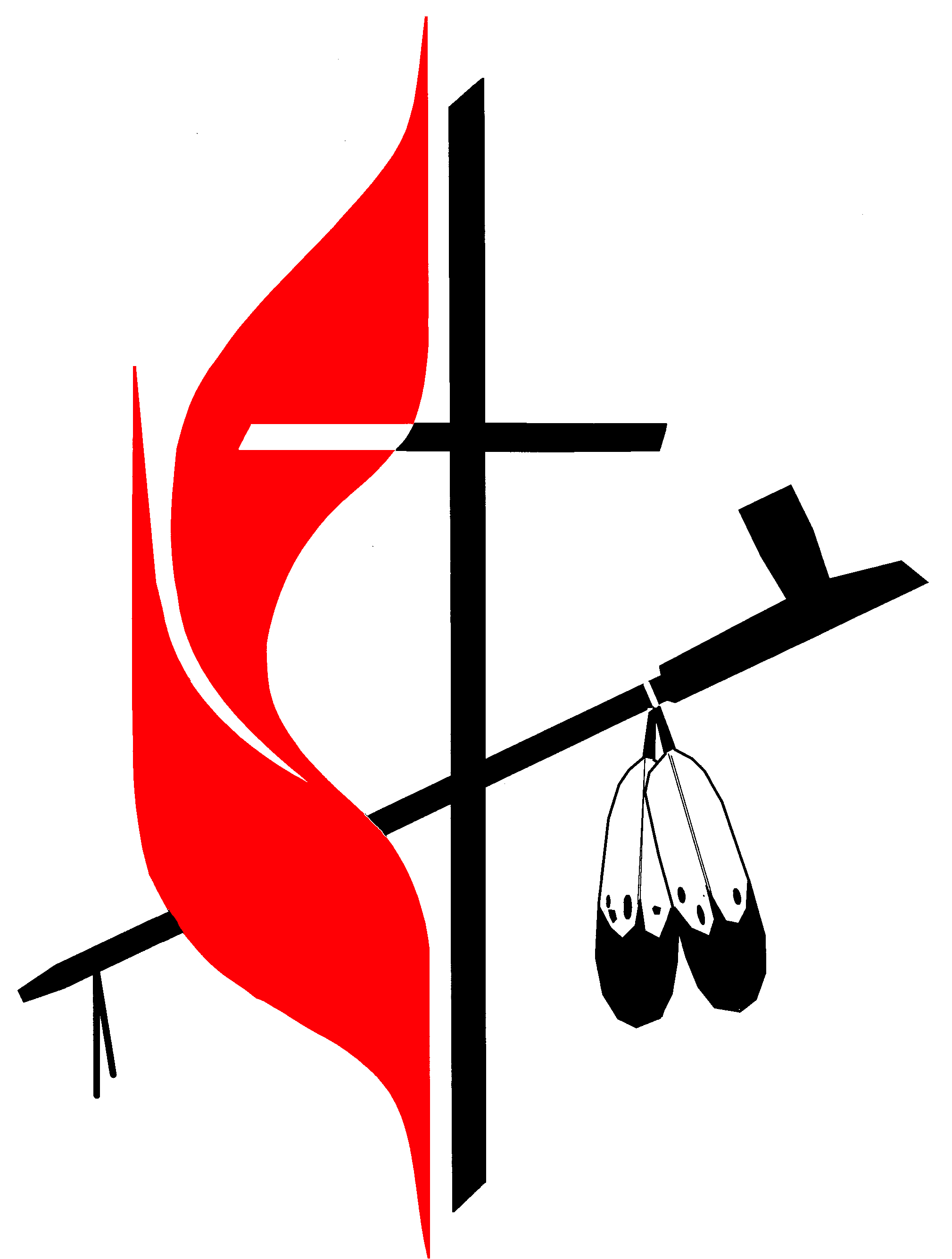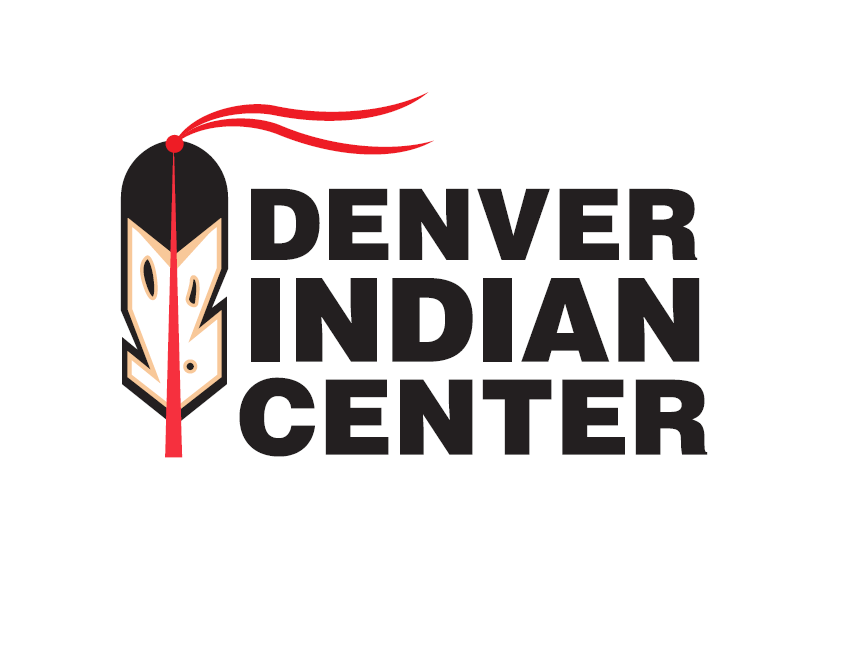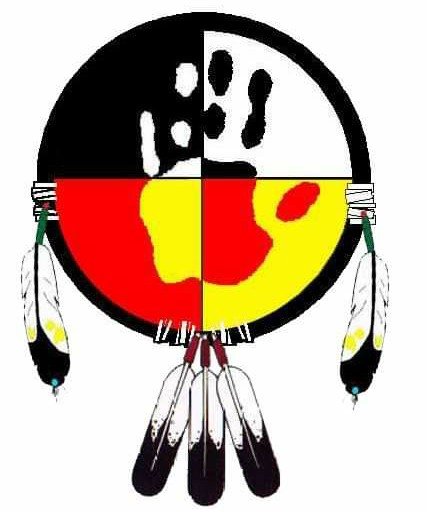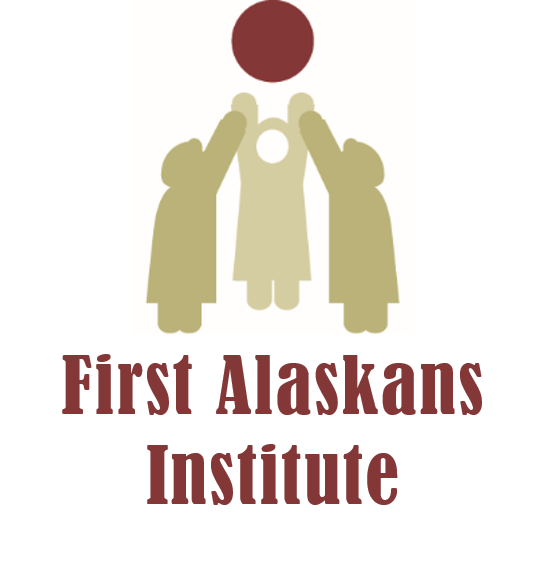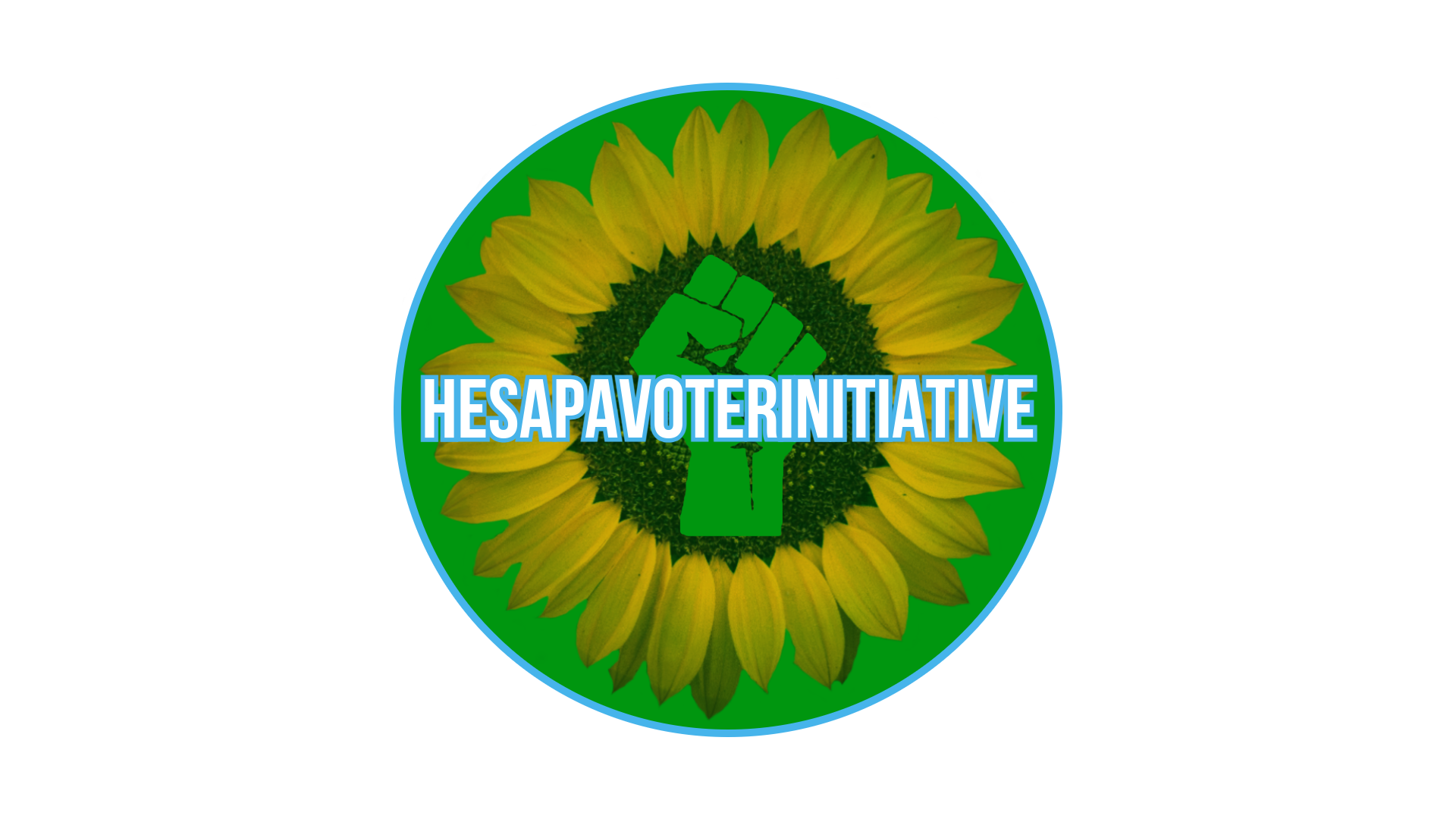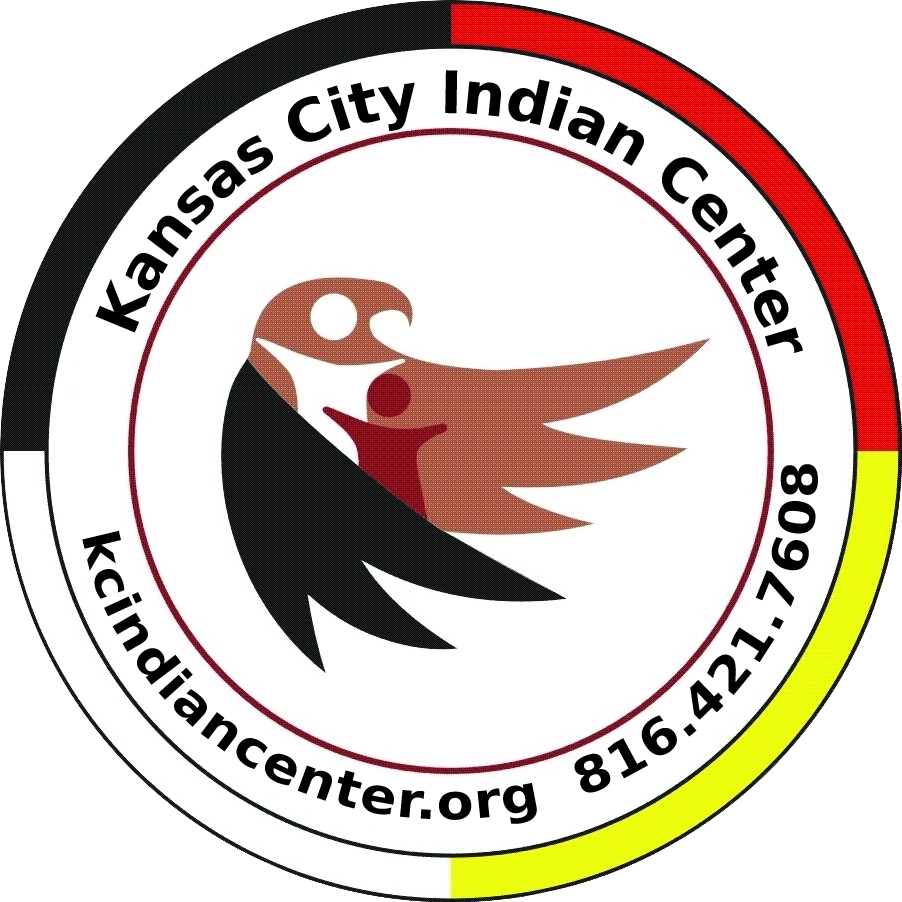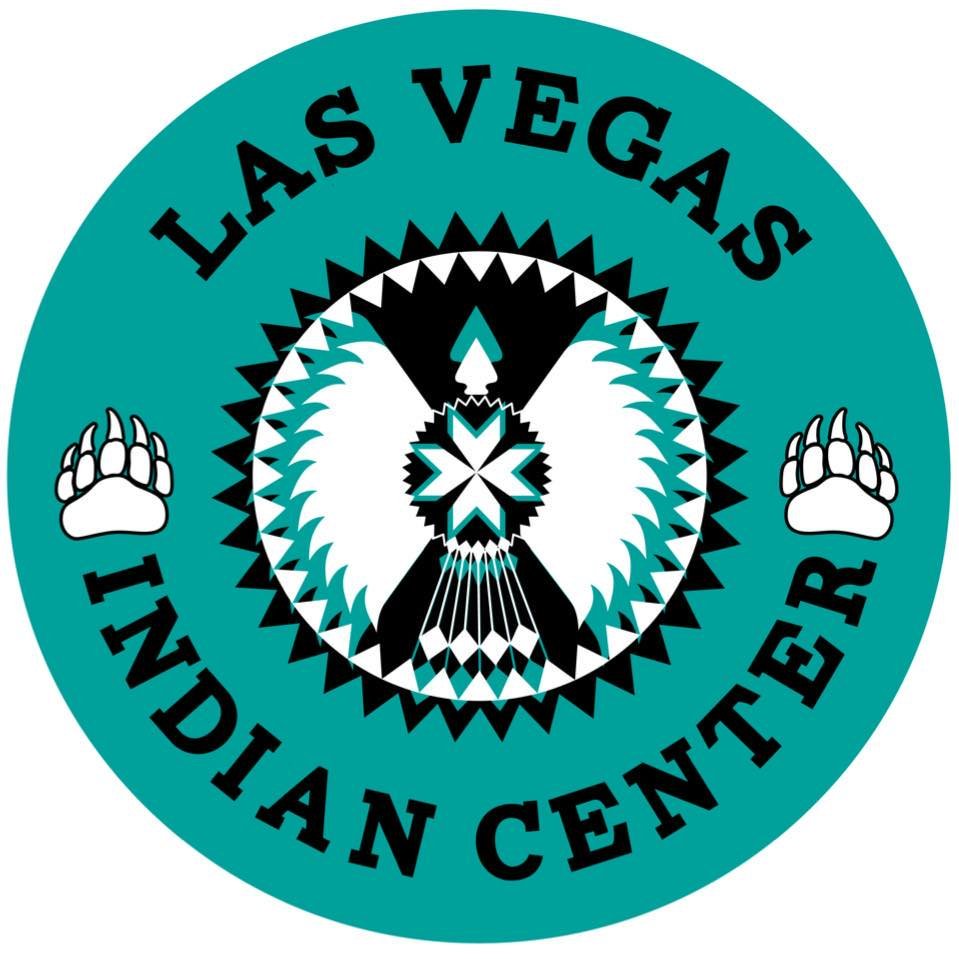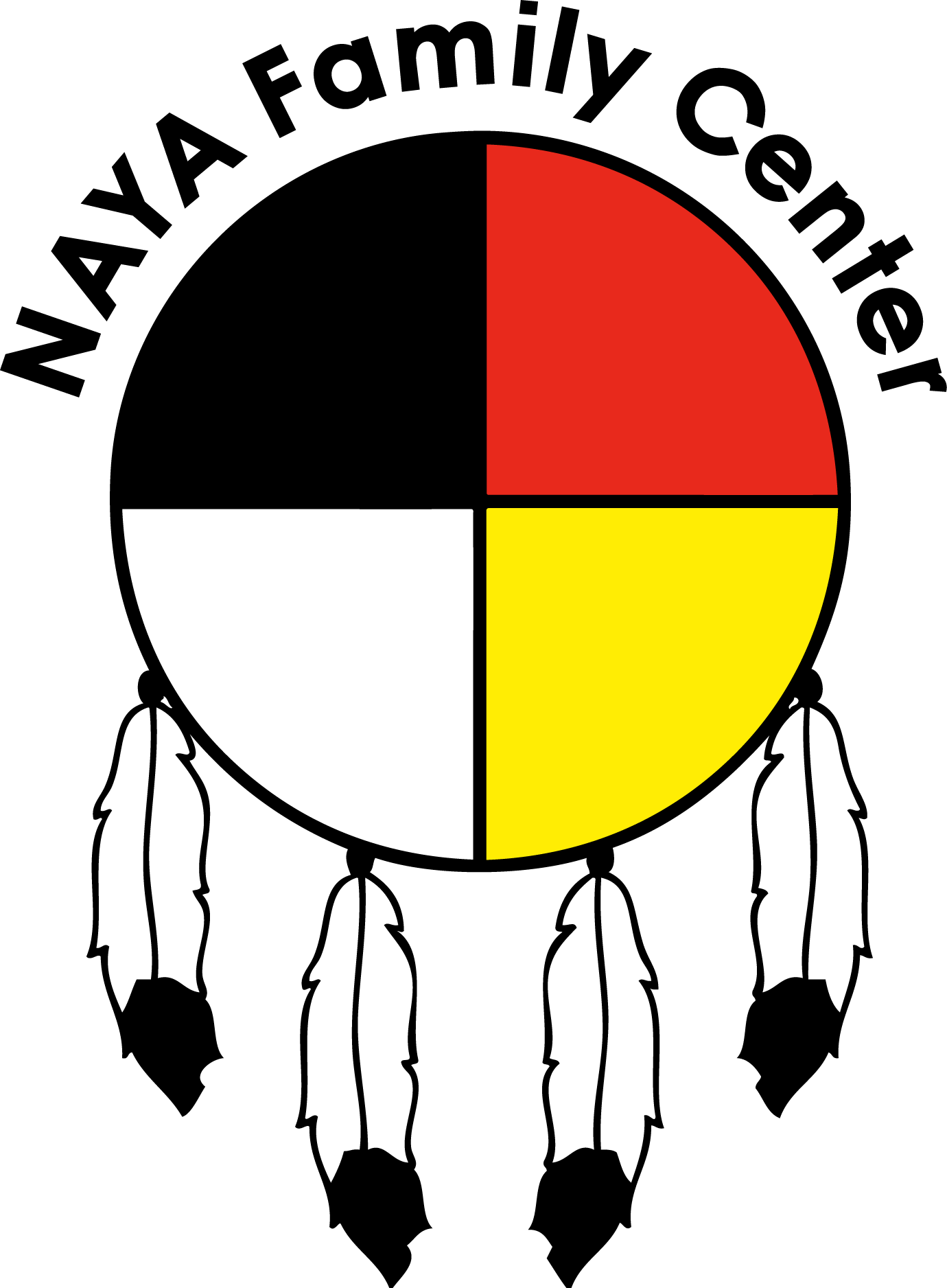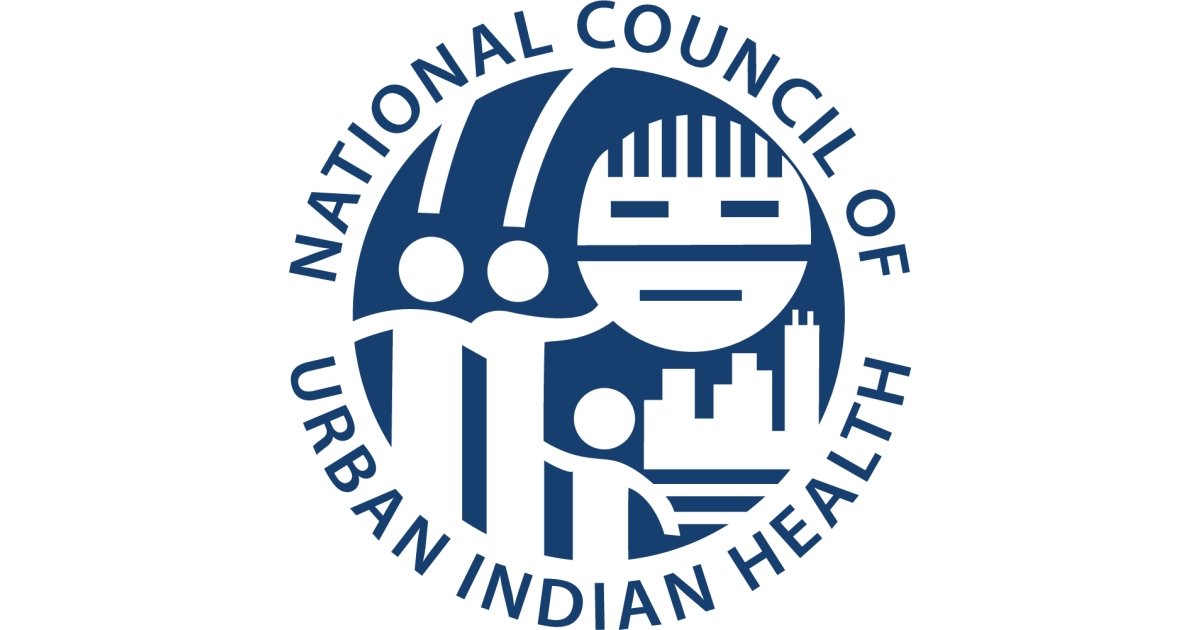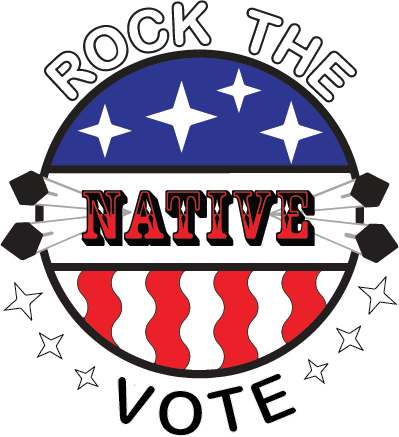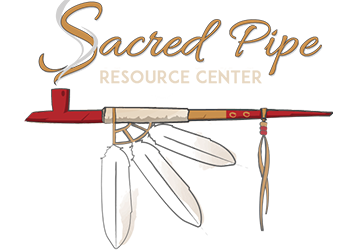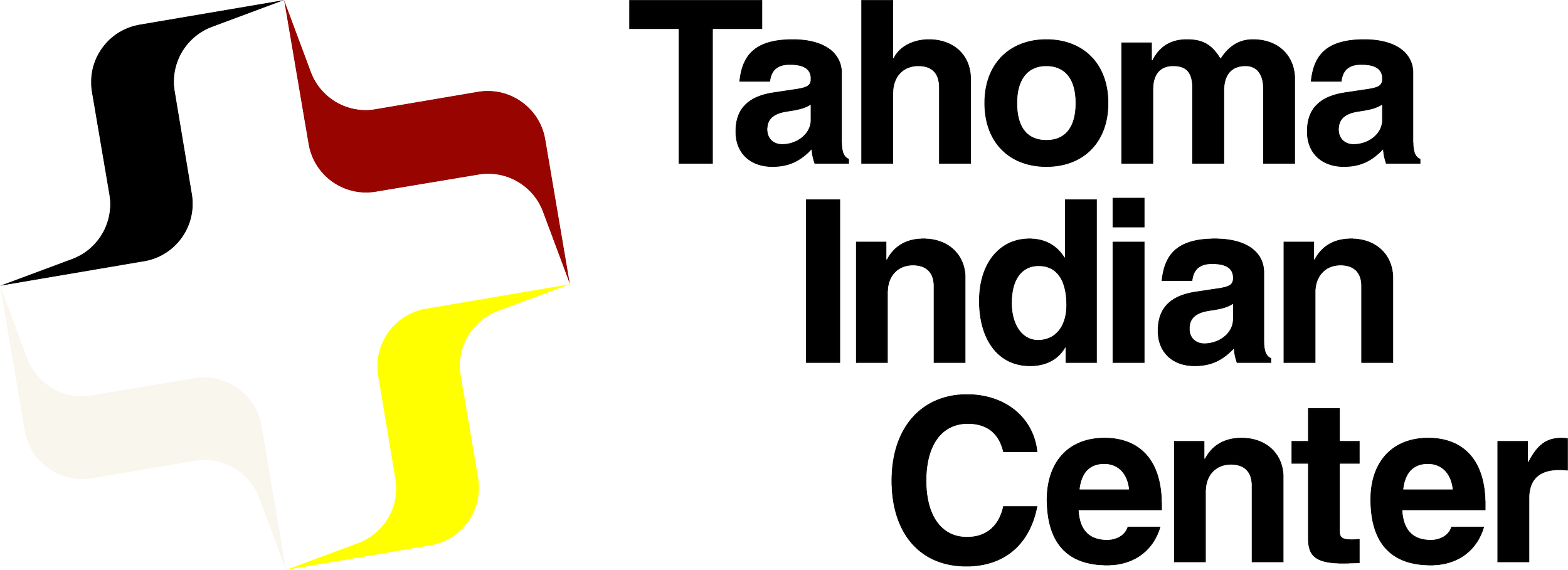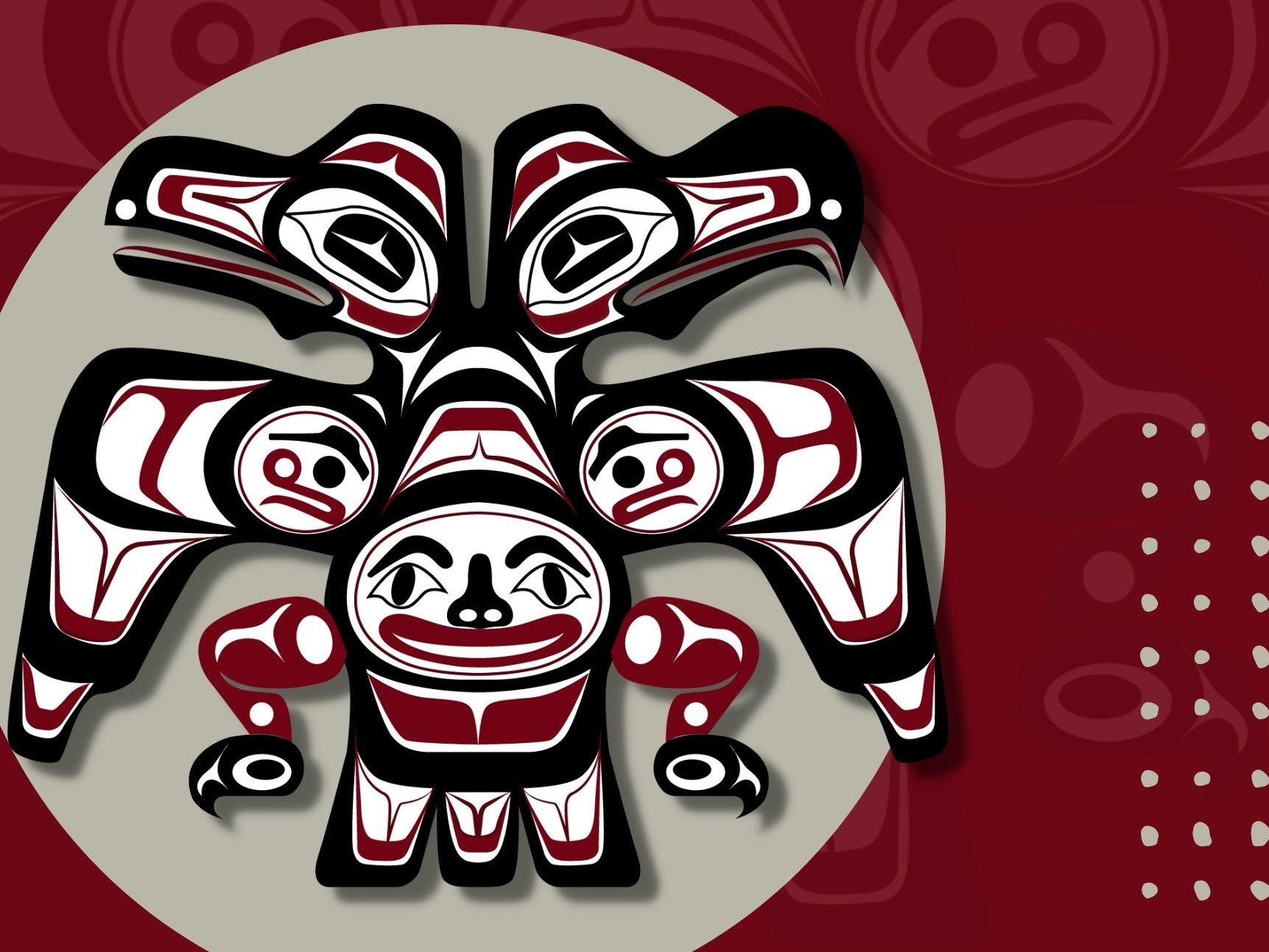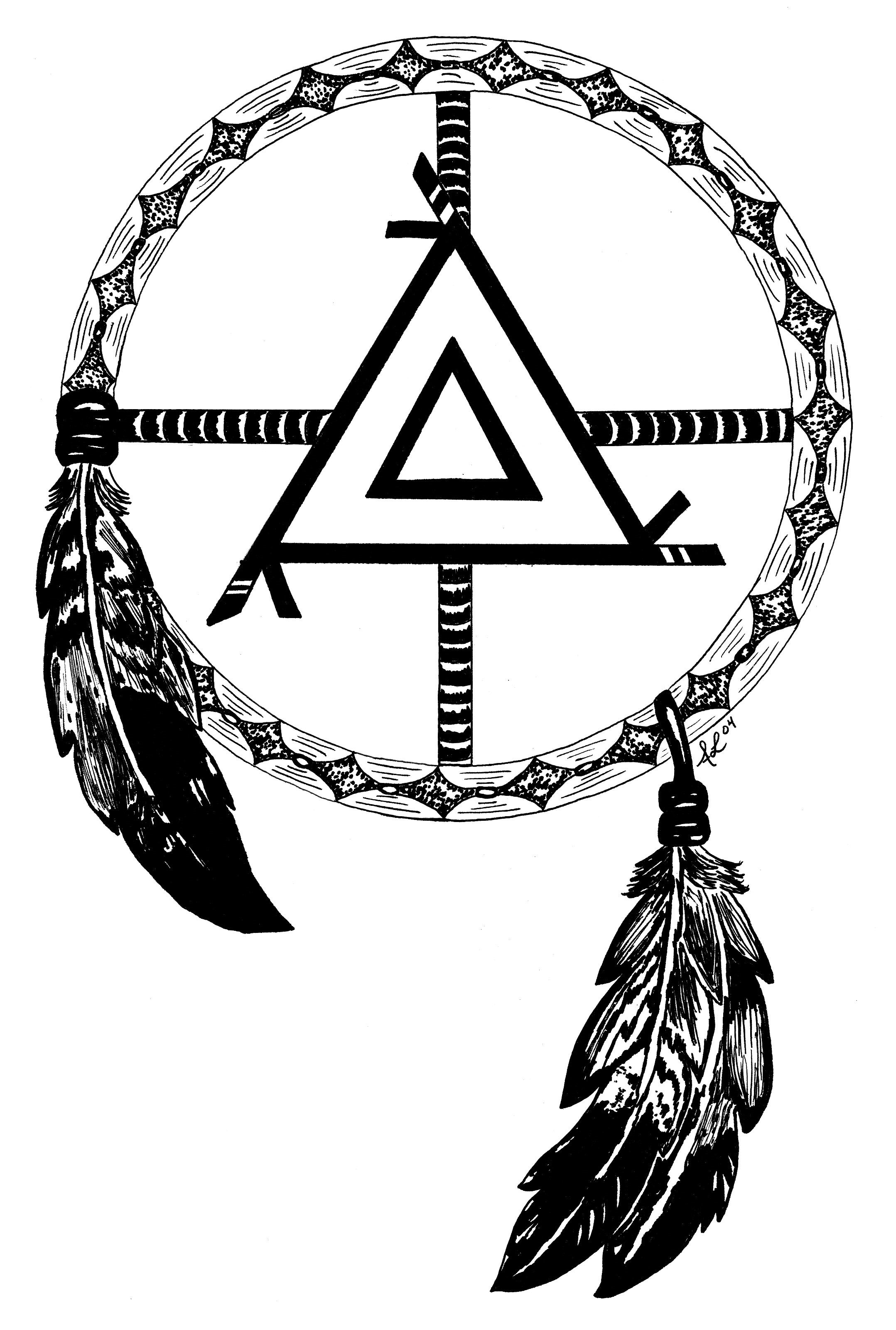RESOURCES FOLLOW POLICY & POLICY FOLLOWS ELECTIONS
















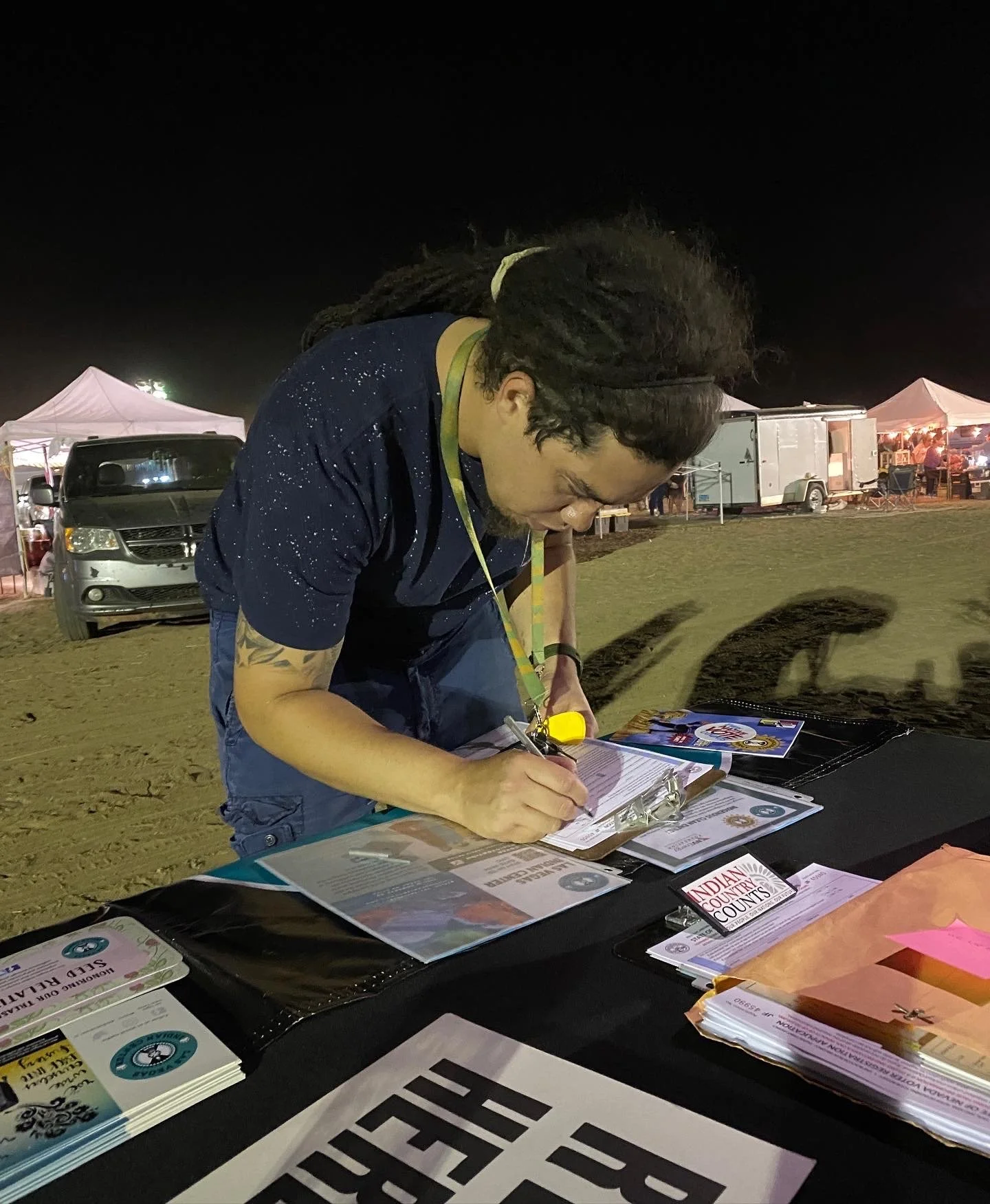


Building upon our continued electoral success, the National Urban Indian Family Coalition is proud to share the victories from the Democracy is Indigenous urban Native vote initiative in 2022 across the country. 23 urban Indian non-profits in 17 states and the District of Columbia worked together to help mobilize voters and prevent a widely predicted lull in voter turnout by connecting with the community in ways that only we can.
In 2022, the Democracy is Indigenous Cohort was able to accomplish the following:
9.9 million digital interactions
332,294 in-person interactions
34,467 individuals registered or supported in voting
247 live events
This work highlights the strength of our unprecedented partnership with innovative philanthropic institutions and Native non-profits and helped swing some of the mostly hotly contested elections in the country, like the Governor races in Arizona and Las Vegas.
With the COVID-19 pandemic in a much more manageable state, our cohort was able to reemphasize in-person organizing and included the following events:
Community Forums
Powwows
Halloween Parties
Art Competitions
Visited College Campuses
Indigenous People Day Events
Civic Engagement Bingo
Photo Contests
GOTV Information on Billboards
Outdoor Movie Nights
Music Concerts
Phone Banking
Video Public Service Announcements
Radio Advertisements
Podcast Interviews and Explainers
Transit Advertisements
Tailgate & Sporting Events
Community Raffles & Giveaways
Taco-About Voting Event
Voter Education Events
Ballot Parties
STRATEGIC LINES OF ACTION
Since the beginning of this work, the NUIFC and our coalition have been re-imagining what “civic engagement” means for our communities. During this funding cycle, we will focus on and expand the following initiatives we’ve undertaken.
URBAN AMERICAN INDIAN DEMOGRAPHICS
American Indian families and children are among the most vulnerable of America’s urban populations. Today, of the 9.6m Native Americans living in the U.S., more than 78% live off of reservations and lack a collective national voice. Native people residing in urban areas are amongst the most invisibilized populations in the nation, yet we represent a majority portion of Native people in the United States: Of the 78% residing off reservation - 68% of all American Indian/Alaska Natives (AI/AN), and 78% of all AI/AN children live in cities. This invisibility has created and perpetuates extreme disparities across all the major sectors of life and community for tribal citizens living in cities including children and family services, housing and homelessness, economic development and employment, and health and wellness. Deficient socio-economic indicators are all related to and solvable through policy engagement and ensuring that Native voices are reflected in policy discussions that stem from showing up and impacting elections.
The Native population is diverse, geographically dispersed, and difficult to identify through the national and state voter databases. Yet racially and culturally specific social service organizations and health centers play a key role as civic centers of the community. They are also active in their community, being present or planning American Indian events that bring the community, allowing them to further conduct voter engagement outreach. These urban based American Indian nonprofits are quite literally the “front line” organizations that provide services to the Native community and have often spent decades building trust with their client base.
While invisibility remains one of the most challenging aspects of contemporary Native life, as a community, we are our own best protagonists. Our communities have found ways to thrive in bustling metropolises and bring visibility to our issues. Some of our best protagonists are those Native people who are in positions of power – in politics, philanthropy, and business.
COALITION MEMBERS
The NUIFC is honored and excited to have the following organizations as part of the 2023 Democracy is Indigenous Cohort.
Each of the organizations receives a range of funding, depending upon their size and capacity, and works collaboratively toward shared metrics aimed at increasing voter registration, engagement, and turnout. The NUIFC continues to cultivate support for this initiative with hopes of expanding funding sources and increasing investments directed to the participating organizations.
Read NUIFC’s Latest report
A Report on the 2020 Urban Native Vote + Census
